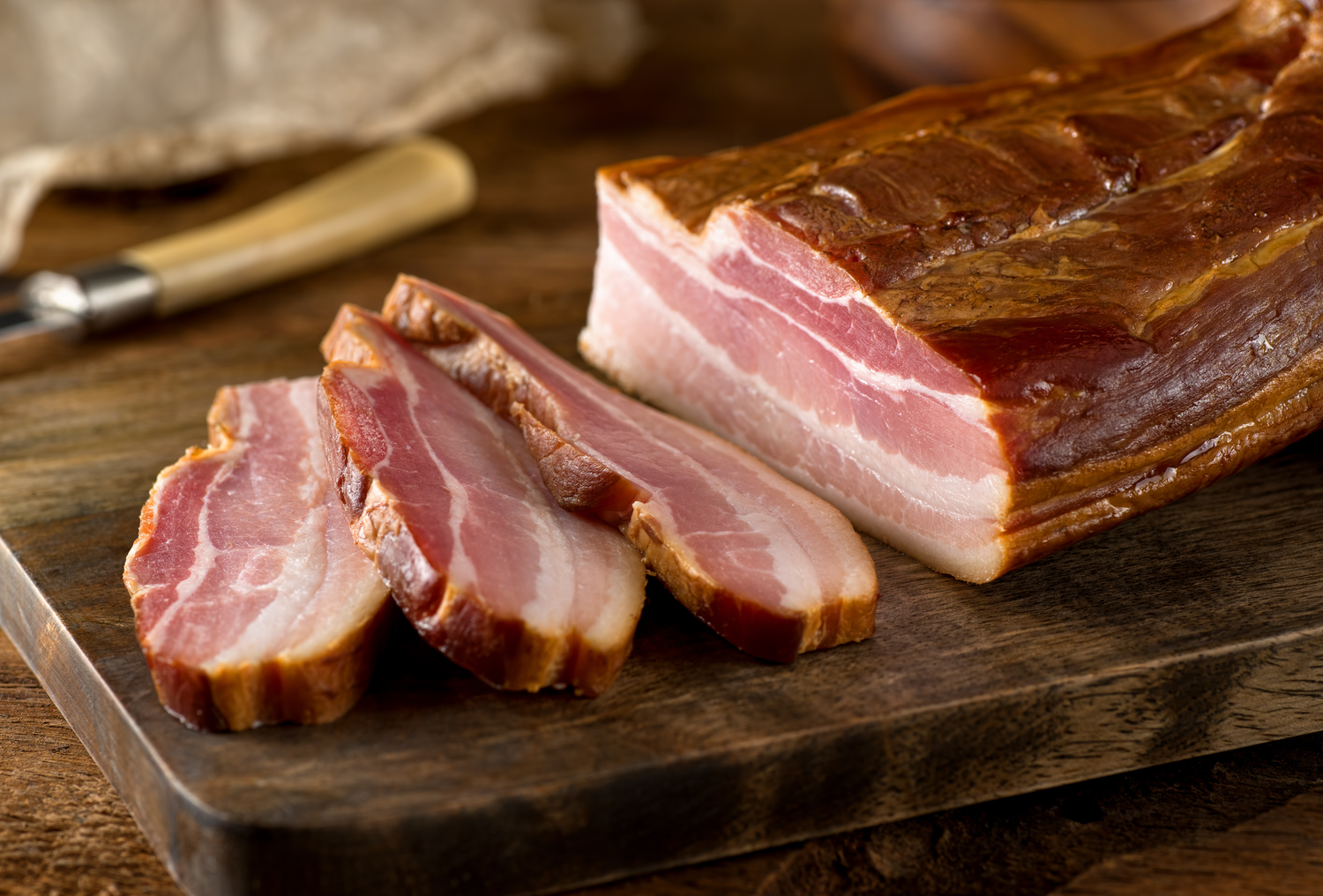
Foods Linked To Breathing Problems
It is uncomfortable or hard to take in the required oxygen your body depends on when you’re short of breath. Mild breathing problems could, at times, be due to intense exercise or a stuffy nose. Though, shortness of breath could also be an indication of a severe illness. Some conditions that could lead to this include allergies, panic attacks or anxiety, issues with your bronchi or trachea, and lung issues such as pneumonia, nasal polyps, emphysema, or asthma.
There are also specific trigger foods that cause breathing complications, and they include:
1. Fried foods
Fried foods could cause discomfort and bloating, making it uncomfortable and difficult to breathe by pushing the diaphragm. These foods also lead to weight gain when consumed excessively, and this leads to increased pressure applied to the lungs. These fried foods contain plenty of unhealthy fats, which raises cholesterol levels, thus increasing heart disease risk.
2. Carbonated drinks
Carbonated beverages, unsurprisingly, is on the list of foods to avoid. Filled with lots of carbonation, empty calories, and sugar, they contribute to increased bloating and weight gain. The increased bloating and gas puts pressure on the lungs. Carbonated drinks such as sparkling cider, sparkling wine, beer, or soda contribute to dehydration as well. When thirsty, it is advisable to simply hydrate with water.
3. Deli or cured meats
Cured meats like hotdogs, ham, cold cuts, and bacon contain additives known as nitrates. These nitrates are often added by companies so as to prolong shelf life. A European Respiratory Journal study claims that these nitrates increase COPD risk.
4. Cruciferous vegetables
Bloating and gas are uncomfortable symptoms that could make people suffering from lung disease experience difficulties in breathing. Cruciferous vegetables like cauliflower, radishes, broccoli, and cabbage are filled with fiber and nutrients. However, you should consider limiting them if they make you bloated.
5. Dairy
Dairy products could worsen symptoms for those suffering from lung disease. While milk is filled with calcium and is nutritious, it contains casomorphin. Casomorphin is produced when milk is broken down and affects the intestines by increasing mucus. Those suffering from lung disease tend to experience mucus increase during flare-ups. It is not clear what the relationship is, but scientists in a laboratory have increased the production of mucus in respiratory cells after adding casomorphin.
6. Salt
A pinch of salt in a cooked meal is harmless though a diet with excessive salt intake is potentially dangerous. Salt tends to retain excess water, which could lead to breathing complications. It is advisable to substitute the salt intake with spices and herbs to enhance food flavor.
7. Acidic drinks and food
A valve is formed from a ring of muscle at the esophagus end. Acid from the stomach moves into the esophagus when the valve opens often or is not sealed properly. This leads to heartburn. An indication of acid reflux is frequent heartburn. Lung disease symptoms tend to increase when experiencing acid reflux. Limiting or avoiding acidic drinks and foods such as spicy foods, coffee, tomato sauce, fruit juice, and citrus reduces the symptoms of acid reflux, and thus, symptoms of lung disease.


